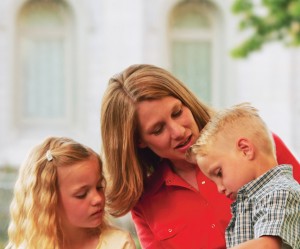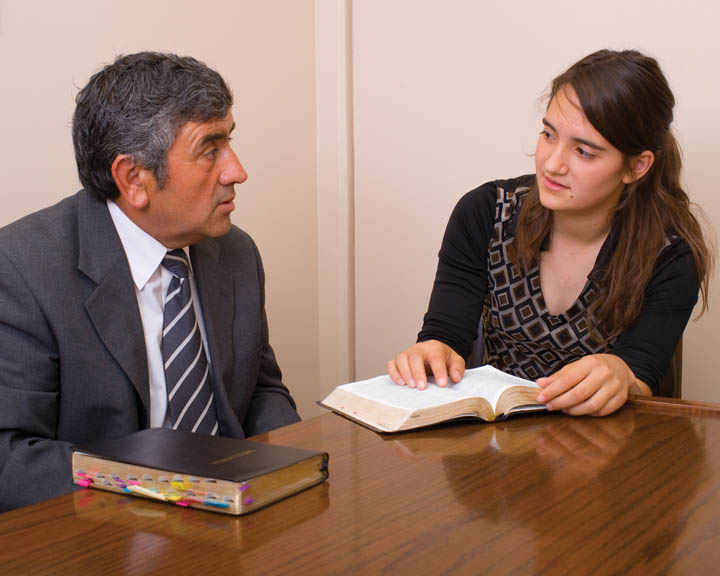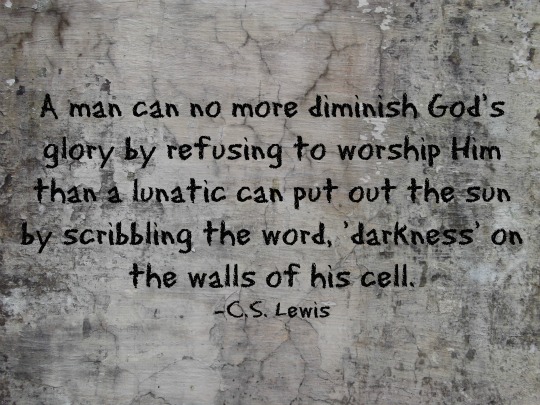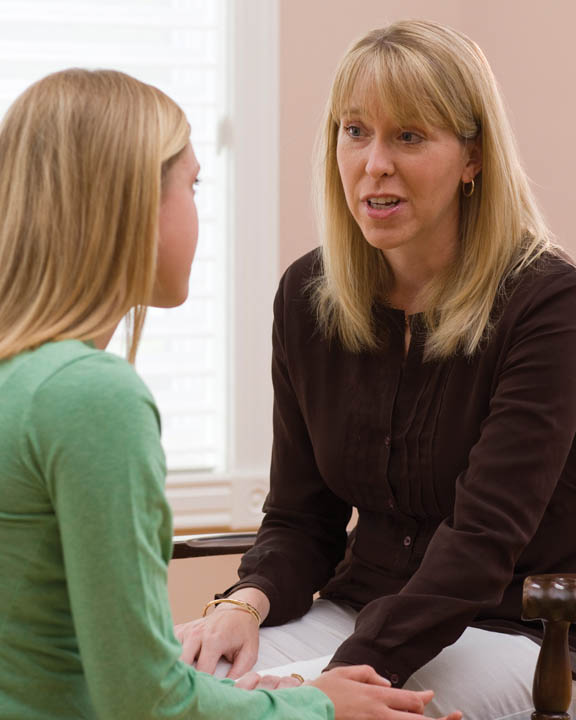One of the wonderful benefits of being part of a ward (congregation) in The Church of Jesus Christ of Latter-day Saints (“Mormon Church”) is that you have “family” even when your real family may be far away. Such was the case when I became a widow at the age of 27. My three children were 4 months, 2 years, and 4 years old.
 Not long after my husband’s death, I determined to move to another city. While kneeling in prayer one morning, I had the distinct impression—like a voice in my head—which simply said, “Stay here.” I was startled by that admonishment, because it was not a choice that I wanted to consider. But, oh how many times in the ensuing years I reaped the blessings of listening to that prompting to stay!
Not long after my husband’s death, I determined to move to another city. While kneeling in prayer one morning, I had the distinct impression—like a voice in my head—which simply said, “Stay here.” I was startled by that admonishment, because it was not a choice that I wanted to consider. But, oh how many times in the ensuing years I reaped the blessings of listening to that prompting to stay!
My foremost desire for my children, as well as for myself, was to be involved with other families in the ward. We were a family unit and felt very much a part of the ward family as we attended all calendared events. At the time I had no desire to find my own fulfillment in activities for singles. I was puzzled at the attitude of a widow a bit older than I who one day said to me, “I’ve never been invited to any event.” I could have replied, “Nor have I. I just went.” It is a credit to my ward that I never perceived myself as an outsider.
Angels in our Midst
The support I needed came in many ways. First, we were assigned two male “home teachers” who visited us at least once a month and always left a spiritual message. I knew I could call them whenever we had a need—be it a priesthood blessing of healing in times of sickness or something as mundane as fixing a leaky faucet. The hand of the Lord was evident in the selection of these men. They truly cared for us and strengthened us in their visits.
Second, I also received two female “visiting teachers” into my home monthly. The visiting teaching program is part of the women’s auxiliary of the Church, called the Relief Society, perhaps the largest and oldest women’s organization in the world. My visiting teachers became true friends and confidants.
 Third, I had a caring bishop (lay congregational leader) who watched over his ward flock with genuine love and concern. Each Christmas he would oversee the delivery of gift boxes of food items to the widows. I seldom thought of myself as a widow, I guess, because the word “widow” carries the connotation of being elderly. I very much related to a talk given by Elder Dallin H. Oaks, an apostle, when he told of his upbringing after the death of his father.
Third, I had a caring bishop (lay congregational leader) who watched over his ward flock with genuine love and concern. Each Christmas he would oversee the delivery of gift boxes of food items to the widows. I seldom thought of myself as a widow, I guess, because the word “widow” carries the connotation of being elderly. I very much related to a talk given by Elder Dallin H. Oaks, an apostle, when he told of his upbringing after the death of his father.
I recall an experience that shows the effect [of my mother’s] teachings. Just before Christmas one year, our bishop asked me, as a deacon, to help him deliver Christmas baskets to the widows of the ward. I carried a basket to each door with his greetings. When he drove me home, there was one basket remaining. He handed it to me and said it was for my mother. As he drove away, I stood in the falling snow wondering why there was a basket for my mother. She never referred to herself as a widow, and it had never occurred to me that she was. To a 12-year-old boy, she wasn’t a widow. She had a husband, and we had a father. He was just away for a while. (Dallin H. Oaks, “Priesthood Authority in the Family and the Church,” Ensign, November 2005, page 24).
Fourth, and most significant, was the support from a loving Father in Heaven, without whom I would have lost hope early on.
Lifeline
One lifeline the Lord provided was my husband’s cousin, Morris, and his wife, Reva, who lived just through the block. My children adopted them as “Uncle” and “Aunt,”and their loving support helped each one of us throughout the ensuing years. When my sons each entered scouting and needed Pinewood Derby cars, Morris and his son, David, taught them how to make competitive cars. I owe my sons’ backpacking experiences to Morris, who included them in every hike. Morris and Reva’s three daughters took my daughter under their wings as though she were their little sister.
The Dance
One year our ward planned a Valentine’s dance for the adults. I was in on the planning of this event, and I looked forward to an enjoyable evening as an observer. I have several talents, but dancing isn’t one of them. In fact, I have a “horror” story from my college days. I went to a dance with a fellow student. At the dance he introduced me to his friends, the Zimmerman twins, a boy and a girl. They were students at BYU, but also shared the distinction of having danced several times on The Lawrence Welk Show. The two young men decided that we should trade dances, thus pairing me with young man Zimmerman. I was immediately seized with anxiety to the point that I couldn’t do much more than stumble over his feet. He kept saying, “Relax,” and I kept not relaxing. It was a happy time for both of us when the music ended.
 I didn’t want any husbands to feel an obligation to dance with the “poor widow.” Consequently, I determined that I would find a way to enjoy the ward Valentine’s event without having to dance. I had a neighbor in the ward who was an orthopedic surgeon. Through the years, he had treated both of my boys for minor sports-related afflictions. I went to him and explained the situation and asked if he would wrap my leg in elastic bandage and loan me a pair of crutches, which he did. It was the perfect solution. I went to the dance, and when asked what had happened, I replied, “Nothing, I just had Dr. Smoot wrap my leg so I wouldn’t have to dance.” Having heard that, the person would then reply, “Ha ha, now tell me what really happened.” It was a lovely evening. Just before the last dance, I removed the elastic bandage and danced with someone who had never danced on TV. It went pretty well.
I didn’t want any husbands to feel an obligation to dance with the “poor widow.” Consequently, I determined that I would find a way to enjoy the ward Valentine’s event without having to dance. I had a neighbor in the ward who was an orthopedic surgeon. Through the years, he had treated both of my boys for minor sports-related afflictions. I went to him and explained the situation and asked if he would wrap my leg in elastic bandage and loan me a pair of crutches, which he did. It was the perfect solution. I went to the dance, and when asked what had happened, I replied, “Nothing, I just had Dr. Smoot wrap my leg so I wouldn’t have to dance.” Having heard that, the person would then reply, “Ha ha, now tell me what really happened.” It was a lovely evening. Just before the last dance, I removed the elastic bandage and danced with someone who had never danced on TV. It went pretty well.
These three children are now adults with children of their own. They have grown up strong in our faith and are followers of Christ. They are not only the product of my care and teaching but also of the positive influence of faithful ward members who taught by example and filled gaps when necessary. And foremost, I owe any success to my Heavenly Father who lifted and carried me through times of heartache and challenge.



